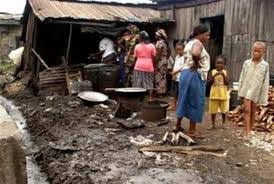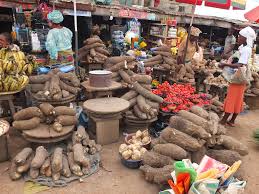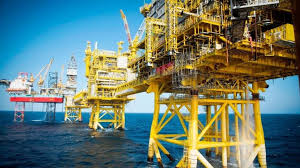According to Finance Minister Zainab Ahmed on Wednesday, Nigeria received $800 million from the World Bank to expand its national social program before the withdrawal of its expensive but well-liked fuel subsidies in June.
The largest economy in Africa set aside 3.36 trillion naira ($7.3 billion) for fuel subsidies this year through mid-2023, after which it made no further provisions for the cost, which was more than its expenditures on healthcare and education.
According to Ahmed, in order to lessen the impact of the elimination of subsidies on the most disadvantaged group of the population, the government is considering cash transfers and public transport buses for workers.
She continued by saying that the nation had listed ten million households, or 50 million individuals, as vulnerable.
During the government’s cabinet meeting, Ahmed informed reporters in Abuja, “Many things are still on plan.”
Some of these we can begin implementing right away, while others require long-term implementation.
In 2021, the World Bank predicted that the COVID-19 problem would cause over 11 million Nigerians to fall into poverty by 2022, bringing the total number of people in the nation who are considered poor to over 100 million. 200 million people are thought to be in the entire country.
President-elect Bola Tinubu’s incoming administration and several tiers of government, according to Ahmed, are in talks about eliminating the subsidy.
After eliminating a gasoline subsidy in June, Tinubu’s new administration should grant salary raises to public sector employees, according to labor minister Chris Ngige’s recommendation from last week. When Buhari leaves office in May, Tinubu will take over.
Many Nigerians consider cheap, subsidized petrol as at least one benefit they receive from the government, which, despite receiving billions of dollars annually from oil exports, fails to provide other essential services like electricity and security.





















